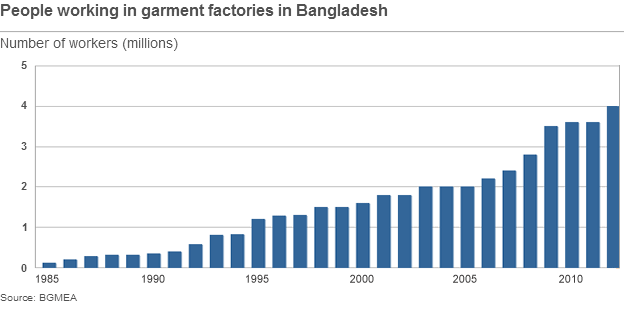EdwardBaiamonte
Platinum Member
- Nov 23, 2011
- 34,612
- 2,153
- 1,100
What about the parents who aren't using their children as human shields, Eb.
Are they simply poor investors?
what?? if they are not using their children as shields then their child are out of harms way!! How slow are you??




